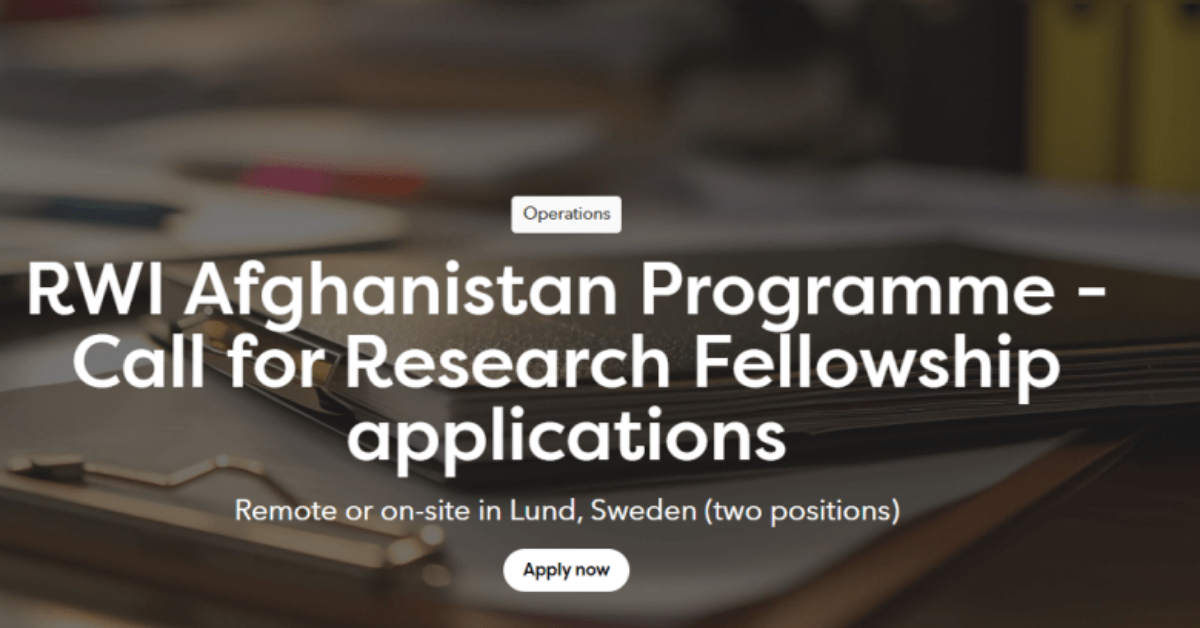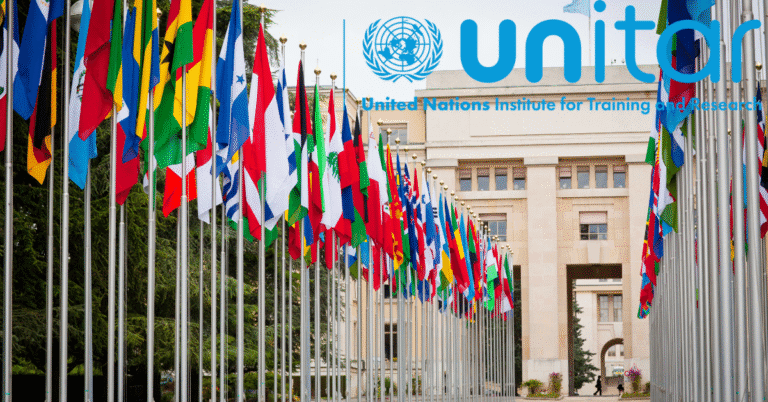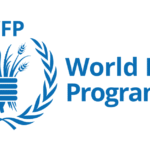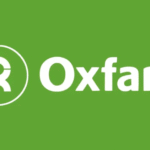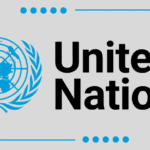Apply now for the Raoul Wallenberg Institute (RWI) RWI 2026 Afghanistan Programme Research Fellowships — a fully funded, one-year opportunity for Afghan scholars focusing on human rights and gender equality under Taliban rule. Deadline: 19 November 2025 (12:00 CET).
Overview
The Raoul Wallenberg Institute of Human Rights and Humanitarian Law (RWI) is now accepting applications for its 2026 Afghanistan Programme Research Fellowships, a prestigious one-year research and mentorship programme aimed at empowering Afghan scholars to produce cutting-edge research on human rights and gender equality challenges in Afghanistan.
This fellowship offers selected Afghan researchers the opportunity to engage in high-impact, policy-relevant work that contributes to the documentation, advocacy, and understanding of Afghanistan’s ongoing human rights situation.
Key Details
| Detail | Information |
|---|---|
| Programme Name | RWI Afghanistan Programme Research Fellowships 2026 |
| Application Deadline | 19 November 2025 (12:00 CET) |
| Fellowship Start Date | January 2026 |
| Duration | 12 months (full-time, paid) |
| Location | Remote or On-site at RWI, Lund, Sweden |
| Target Applicants | Afghan nationals currently residing outside Afghanistan |
| Focus Areas | Human Rights, Gender Equality, and Governance under Taliban Rule |
About the Fellowship
The RWI Afghanistan Programme Research Fellowships aim to support Afghan scholars in exile to strengthen their skills as human rights researchers and practitioners, while contributing to the global understanding of Afghanistan’s evolving political and social context.
Through a combination of academic mentorship, financial support, and policy engagement, fellows will explore key human rights themes affecting Afghan society, with a particular emphasis on the impact of Taliban governance on rights, freedoms, and gender equality.
Mentorship and Support
Selected fellows will receive comprehensive mentorship and professional development support, including:
- Academic Supervision:
Guidance from RWI’s Director of Research and Education and other senior experts. - Research Collaboration:
Opportunities to contribute directly to the UN Special Rapporteur’s reports on human rights in Afghanistan. - Professional Networking:
Access to RWI’s scholarly community, including workshops, seminars, and dialogues with international human rights practitioners. - Visibility and Advocacy:
Fellows will be encouraged to present their research findings at international platforms, including sessions of the UN Human Rights Council. - Research Resources:
Access to RWI’s digital library, academic databases, and mentorship on methodology and publication strategies.
This fellowship not only advances individual careers but also strengthens the global evidence base for Afghanistan-related human rights advocacy.
Research Focus Areas
The 2026 fellowship cycle encourages proposals that explore the evolving social, legal, and human rights landscape in Afghanistan, with particular attention to how Taliban policies have reshaped everyday life.
Suggested research areas include:
- Women’s and Girls’ Rights under Taliban restrictions.
- Freedom of the Press and Expression in post-2021 Afghanistan.
- The Role of Education and access to learning for women and marginalized groups.
- Human Rights Awareness and Advocacy under authoritarian rule.
- Impact of Taliban Ideology on law, governance, and community norms.
- Economic Rights and Livelihoods in a sanctioned and isolated economy.
- Ethnic and Religious Minority Rights.
- Digital Security, Privacy, and Censorship under Taliban governance.
Applicants are encouraged to propose original, field-informed, and analytically rigorous topics that can inform policy and advocacy efforts.
Eligibility Criteria for RWI 2026 Afghanistan Programme Research Fellowships
To be considered, applicants must meet all the following requirements:
- Nationality: Afghan citizens currently residing outside Afghanistan.
- Education: Advanced degree (Master’s or PhD) in human rights, law, political science, sociology, or related fields.
- Experience: Demonstrated experience or academic engagement in human rights, humanitarian work, or social research.
- Language: Proficiency in English and at least one Afghan national language (Dari or Pashto).
- Availability: Full-time commitment to the 12-month fellowship, beginning January 2026.
Applicants with a strong record of academic writing, research publications, or policy work are especially encouraged to apply.
Fellowship Duration and Structure
- Start Date: January 2026
- Duration: 12 months (full-time)
- Format: Flexible — fellows may choose to work remotely or on-site in Lund, Sweden.
- Funding: Fellows receive a paid stipend to support their living and research costs throughout the programme.
How to Apply
Application Deadline:
19 November 2025 (12:00 CET)
Submission Process:
Submit a complete application package in English by email to:
📩 david.eile@rwi.lu.se
Required Documents:
- Research Concept Note (800–1,500 words)
- Describe your proposed topic, research question, objectives, methods, and expected outcomes.
- Personal Statement (max 800 words)
- Explain your motivation, background, and how the fellowship aligns with your academic or professional goals.
- Curriculum Vitae (CV) (max 3 pages)
- Include education, work experience, publications, and relevant skills.
Additional details and guidelines are available on the official RWI website:
🌐 https://rwi.lu.se
Follow Our Social Media Pages
Join Our WhatsApp Channel
Follow Our Facebook Page
Related Posts
- UNICEF Climate Resilience Internship 2026 – Paid Global Opportunity for Graduates
- World Bank Summer Internship Program 2025 – Fully Funded
- UNDP Research Fellowship 2025 – Global Opportunities for Graduates
- Gates Foundation Internship Program 2025 – Apply for Global Roles
Selection Process
All applications will undergo a competitive and transparent review process by a selection committee of RWI experts.
Selections are based on:
- Academic merit and research potential.
- Relevance of the proposal to human rights and gender equality.
- Feasibility and originality of the proposed study.
- Commitment to contribute to human rights research and advocacy.
- Gender and ethnic diversity considerations.
Shortlisted candidates may be invited for an online interview in December 2025.
Why Apply for the RWI Afghanistan Research Fellowship?
✅ Conduct independent research with world-class mentorship.
✅ Join a global network of human rights practitioners and academics.
✅ Contribute to UN human rights reporting and global advocacy.
✅ Publish and present your work in international academic and policy spaces.
✅ Build lasting professional skills in research, writing, and communication.
This fellowship is more than an academic opportunity — it’s a platform to amplify Afghan voices and influence international dialogue on human rights.
Frequently Asked Questions (FAQ)
Q1: Who can apply for the RWI Afghanistan Fellowship 2026?
A: Afghan nationals currently living outside Afghanistan with an advanced degree in a relevant field are eligible.
Q2: Is the fellowship fully funded?
A: Yes. The fellowship provides a monthly stipend and covers research-related expenses. Fellows working on-site in Lund may also receive logistical support.
Q3: Can I apply if I am still completing my Master’s degree?
A: Yes, as long as you can provide proof of completion before the fellowship starts in January 2026.
Q4: What is the expected workload?
A: The fellowship is full-time (approximately 35–40 hours per week) and includes independent research, mentoring sessions, and participation in RWI events.
Q5: Can fellows work remotely?
A: Yes. Fellows may choose to work remotely from their current country of residence or on-site at RWI in Lund, depending on visa and travel feasibility.
Q6: What are strong research topics for this fellowship?
A: Proposals exploring gender equality, education rights, freedom of expression, or the Taliban’s ideological impact on Afghan society are particularly encouraged.
Q7: How competitive is the selection process?
A: Extremely competitive. Only 8–12 fellows are selected annually based on academic quality, originality, and diversity.
Q8: Will my research be published?
A: Yes. RWI supports fellows in publishing their findings through academic journals, RWI reports, or policy briefs shared with the UN and partner organizations.
Q9: When will selected fellows be notified?
A: Notifications are expected in mid-December 2025.
Q10: Where can I get more information?
A: Visit the official RWI website: https://rwi.lu.se
or contact: david.eile@rwi.lu.se
Keywords
RWI Afghanistan Fellowship 2026, Raoul Wallenberg Institute research fellowship, human rights fellowships 2026, gender equality Afghanistan, RWI Lund fellowship, Afghan scholars 2026, UN human rights research, academic fellowships for Afghans, fully funded RWI fellowship, Afghanistan research grant 2025
